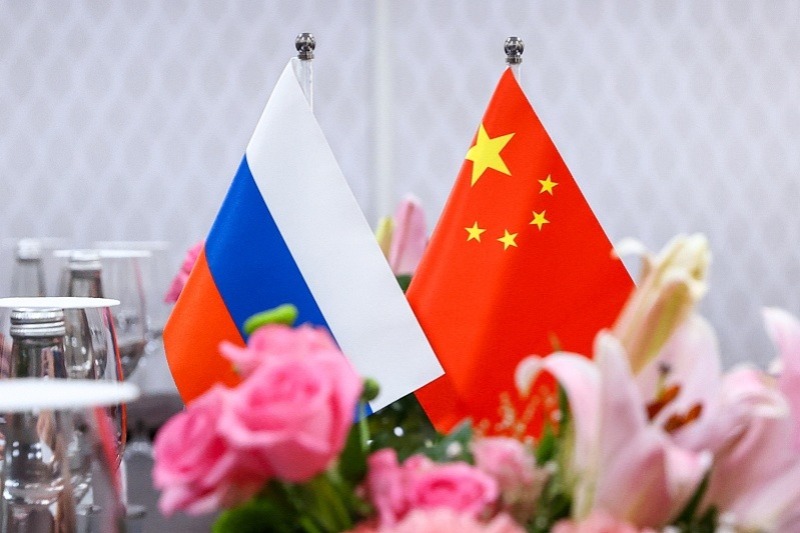Experts see uncertainty for Asia after US election


The sweeping Republican victory in the 2024 US elections and Donald Trump's return to the White House are set to create some ripples on the economies and politics in South Asia and the wider Asia-Pacific region, experts say.
Salman Bashir, former Pakistani ambassador to China, said Trump's focus will be on domestic revival and reform, with foreign policy tailored to suit US interests.
"As far as South Asia is concerned, he would continue to woo India, more for economic reasons," he said, adding that Pakistan will not be a strategic priority in Trump's agenda.
Shakeel Ahmad Ramay, CEO of the Asian Institute of Eco-civilization Research and Development in Pakistan, said Trump is likely to strengthen relations with India and focus on balancing trade with it.
However, Trump may also look at the China-Pakistan relationship, Ramay added, and probably ask Pakistan to reassess its commitment to the China-Pakistan Economic Corridor, a flagship project under China's Belt and Road Initiative.
"Pakistan is used to such demands and it is hoped that it will not give much attention to such demands," he said, cautioning that Pakistan may face economic challenges, such as its loan arrangements with the International Monetary Fund.
Swaran Singh, a professor of international relations at Jawaharlal Nehru University in New Delhi, said Trump's return to the White House will see the US become reluctant to commit forces in faraway conflicts while seeking greater reciprocity in a transactional foreign policy marked by "deal-making".
While South and Southeast Asian countries will continue to engage with Trump, Singh suggested they may also be "bracing for his blunt one-liners" over the next four years.
Just like what has already begun among the US' European allies, these South and Southeast Asian nations might try to further strengthen their intra-regional collectives to minimize dependence on US alliance partnerships, he said.
Imtiaz Gul, executive director of the Center for Research and Security Studies in Pakistan, said Trump will review US policies on various international and regional issues, including Afghanistan. "It will be interesting to see how much Trump will be able to walk his talk," he said.
Gul recalled Trump's warning from an August speech, in which Trump declared, "We'll get the resignations of every single senior official who touched the Afghanistan calamity to be on my desk at noon on Inauguration Day."
Mehmood Ul Hassan Khan, president of the Center of Pak-China Corridor of Knowledge and executive director of the Center for South Asia& International Studies in Islamabad, said the US will launch fresh tariffs and sanctions and bring uncertainty to certain countries and regions.
He said there is a worry that potential new trade barriers set up by the US could derail the economic recovery, price stabilization, inflation control, economic globalization and international cooperation in South and wider Asia.

































